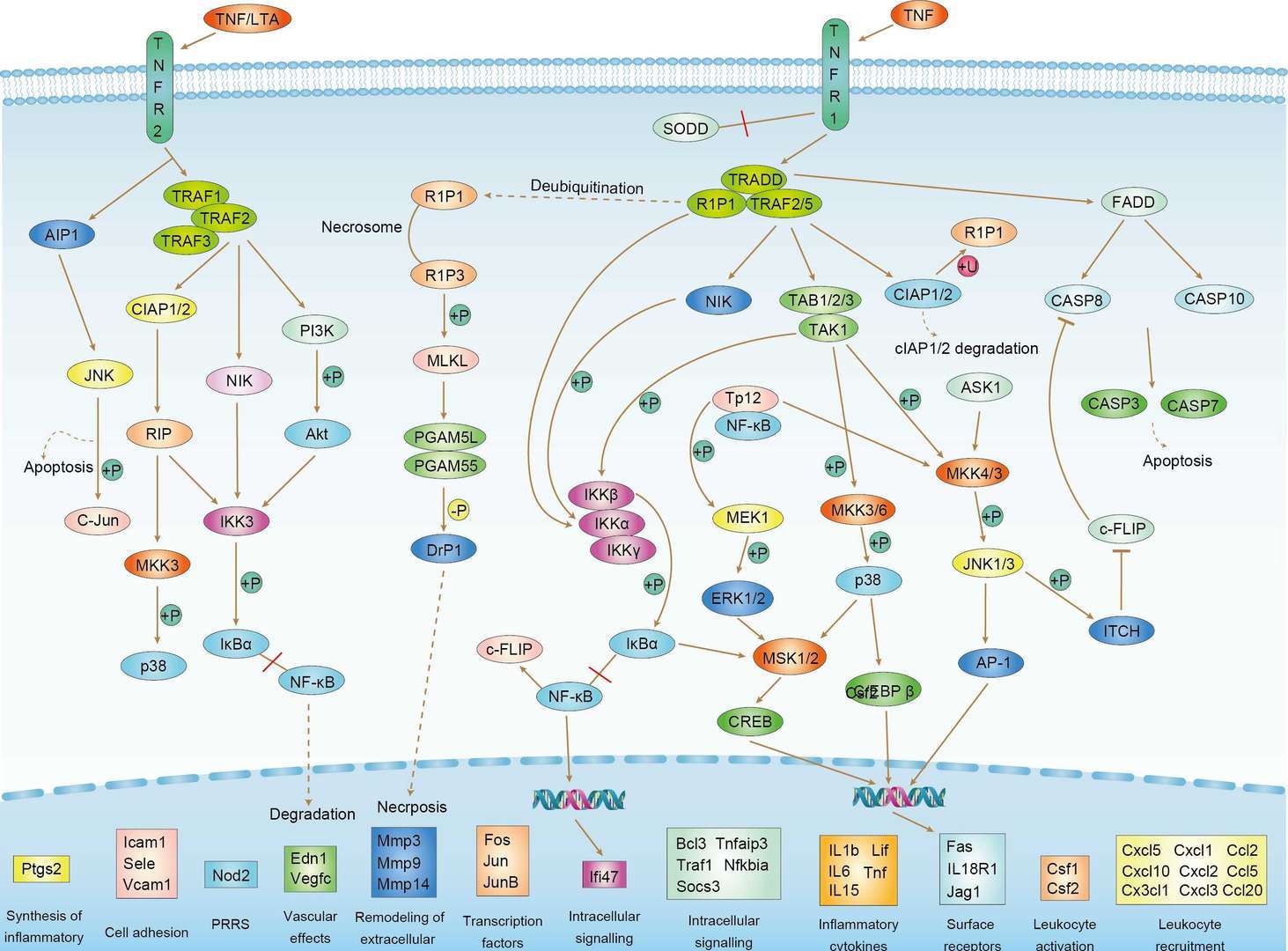 Loading...
Loading...

CASP10
Cancer-related genes, Disease related genes, Enzymes, Human disease related genes, Potential drug targets
Intracellular
Cell type enhanced (Distal enterocytes, Plasma cells, Paneth cells, NK-cells)
Low immune cell specificity
Cell line enhanced (HUVEC TERT2)
Heterotetramer that consists of two anti-parallel arranged heterodimers, each one formed by a 23/17 kDa (p23/17) (depending on the splicing events) and a 12 kDa (p12) subunit (By similarity). Self-associates. Interacts with FADD and CASP8. Found in a Fas signaling complex consisting of FAS, FADD, CASP8 and CASP10. Interacts with RFFL and RNF34; negatively regulate CASP10 through proteasomal degradation. Interacts with RIOK3.
Hydrolase, Protease, Thiol protease
-
- Species Reactivity: Human
- Type: Rabbit IgG
- Application: WB, IHC, IP, FC
-
- Derivation: Phage display library screening
- Species Reactivity: Human
- Type: Rabbit IgG
- Application: FC, IF, IHC-P, IP, WB
- Mouse Anti-CASP10 Recombinant Antibody (clone 3F8) (MOB-0324CT)
-
- Species Reactivity: Human
- Type: Mouse IgG2a
- Application: ELISA, WB
-
- Derivation: Mouse
- Species Reactivity: Human
- Type: Mouse IgM, κ
- Application: WB, ELISA, IF, IP
-
- Species Reactivity: Human, Mouse
- Type: Rabbit IgG
- Application: WB, IHC-P, ICC, IF, IP, FC
- Rabbit Anti-CASP10 Recombinant Antibody (VS3-WK1089) (VS3-WK1089)
-
- Derivation: Rabbit
- Species Reactivity: Human
- Type: Rabbit IgG
- Application: WB, IHC, IP, FC
- Rabbit Anti-CASP10 Recombinant Antibody (VS3-WK1582) (VS3-WK1582)
-
- Species Reactivity: Human, Mouse, Rat
- Type: Rabbit IgG
- Application: WB, ELISA
Our customer service representatives are available 24 hours a day, from Monday to Sunday. Contact Us
Can't find the products you're looking for? Try to filter in the left sidebar.Filter By Tag
For Research Use Only. Not For Clinical Use.

 TNF Signaling Pathway
TNF Signaling Pathway